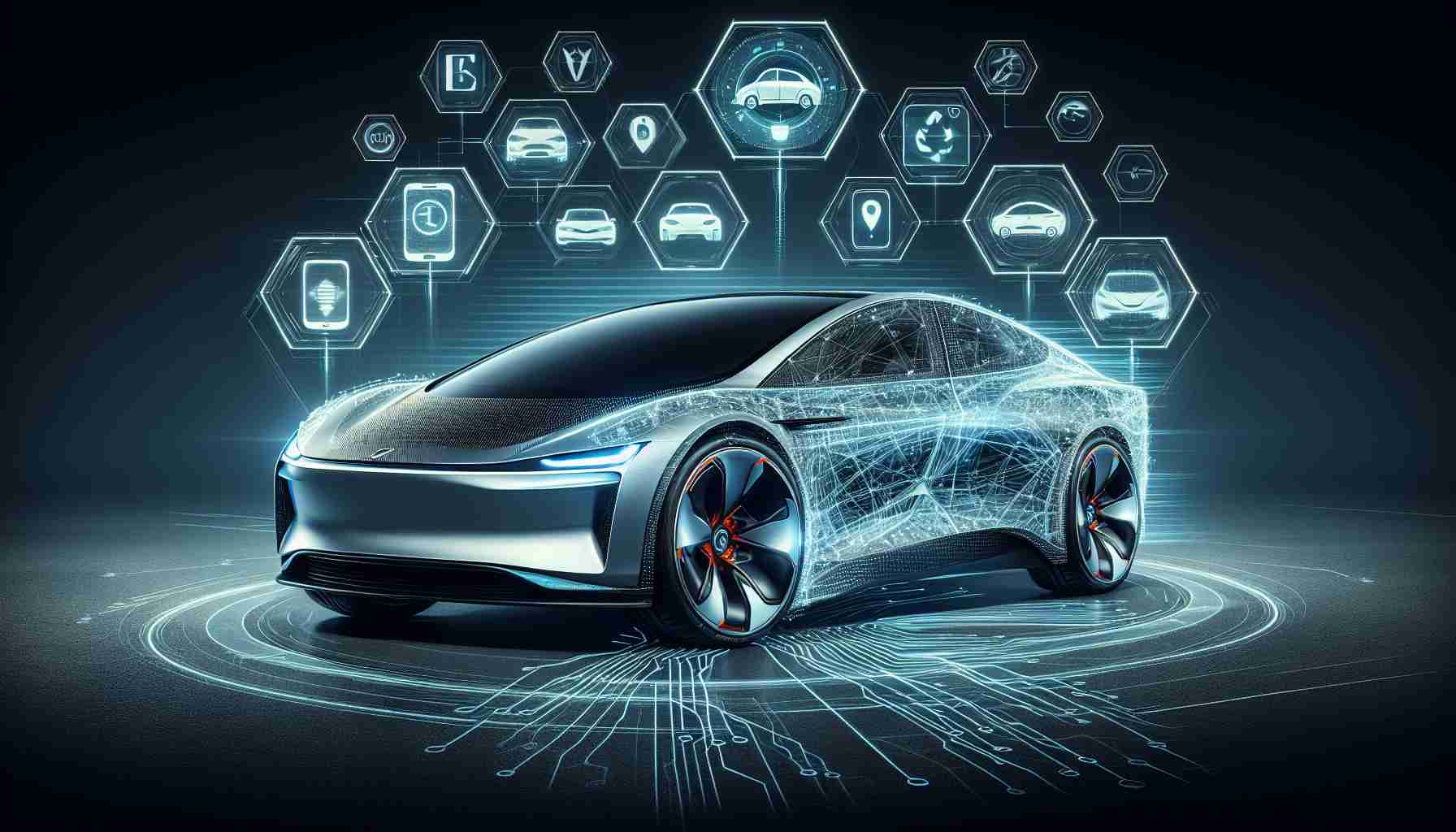Xiaomi has made a groundbreaking entry into the electric vehicle (EV) sector with the introduction of its first car, the SU7. The technology giant, renowned for its smart devices, surprised the audience in Beijing with a compelling combination of affordability and superior performance in their EV range. The SU7 stands out in the competition, offering better statistics than its prestigious rivals, Tesla and Porsche, at a fraction of the cost.
The flagship model of the Xiaomi SU7 family, named the Max, boasts impressive credentials with an 800-kilometer range and an unrivaled top speed of 265 kilometers per hour. It can even accelerate from 0 to 100 kilometers per hour in a mere 2.78 seconds. The vehicle marries affordability with luxury, sporting an alluring price tag of only RMB 299,900 (USD 41,500), which starkly contrasts the hefty prices of comparable Tesla and Porsche models.
Despite Apple’s withdrawal from the EV market, Xiaomi has confidently pressed forward, anticipating becoming a leading automobile brand within the next two decades. The company’s strategic entrance into the market with a high-performance model mirrors the approach taken by Tesla and aligns with the preferences of tech-savvy consumers who crave advanced functionality.
Xiaomi’s dedication to innovation is further highlighted by its ambitious research and development (R&D), exemplified by the powerful 21,000 rpm motor and the pioneering “cell-to-body” battery technology, which integrates the battery pack into the vehicle’s structure. The company promises further advancements, with a plan to develop even faster motors and more efficient batteries, positioning Xiaomi as a formidable player in the EV market.
The launch of the Xiaomi SU7 has not only stirred interest amongst consumers, securing over 50,000 advance orders in less than half an hour but also signaled the emergence of a new era in the automotive industry, marked by connectivity and seamless integration with existing Xiaomi products and services. By leveraging its robust tech ecosystem, Xiaomi aims to redefine the user experience, intertwining daily life with smart mobility solutions.
The most important questions and challenges associated with Xiaomi’s entry into the electric vehicle market:
1. Can Xiaomi effectively compete with established automotive manufacturers?
Xiaomi’s transition from consumer electronics to automotive manufacturing requires significant investments and poses operational challenges. However, the company’s technology expertise may give it an edge in developing innovative EV features.
2. What impact will Xiaomi’s EVs have on the global electric car industry?
Xiaomi’s affordable high-performance EVs could disrupt the market, forcing competitors to reconsider their pricing and technology strategies to stay competitive.
3. How will Xiaomi ensure the reliability and safety of its EVs?
As a newcomer, Xiaomi must prove that its vehicles meet international safety standards and deliver reliable performance to gain consumer trust.
Key controversies:
– Intellectual Property Concerns: As with any major tech entry into a new market, there’s a potential for intellectual property disputes, particularly if Xiaomi’s EV technology closely parallels existing patented innovations.
– Market Saturation: With a growing number of players entering the EV space, there is a concern that the industry may become overcrowded, leading to fierce competition and potential oversupply.
Advantages of Xiaomi’s EVs:
– Affordability: Xiaomi’s aggressive pricing strategy could increase the accessibility of EVs to a broader market.
– Performance: High-performance specifications may attract consumers looking for luxury and efficiency.
– Ecosystem Integration: Connectivity with Xiaomi’s existing products can offer a seamless user experience and unique selling propositions.
Disadvantages of Xiaomi’s EVs:
– Brand Perception: Xiaomi is traditionally known for smart devices, so consumers might be skeptical about the company’s automotive quality and reliability.
– Service and Support: Building a comprehensive service network for vehicle maintenance and repair is a long-term challenge for tech companies entering the automotive sector.
Suggested related links for further reading on the topic (if available):
– For more information on Xiaomi’s overall brand and product ecosystem, visit their official site at mi.com.
– To understand the global electric vehicle market and the companies involved, explore data and reports at iea.org, the International Energy Agency website.
